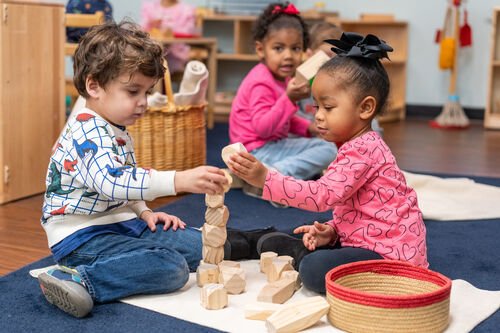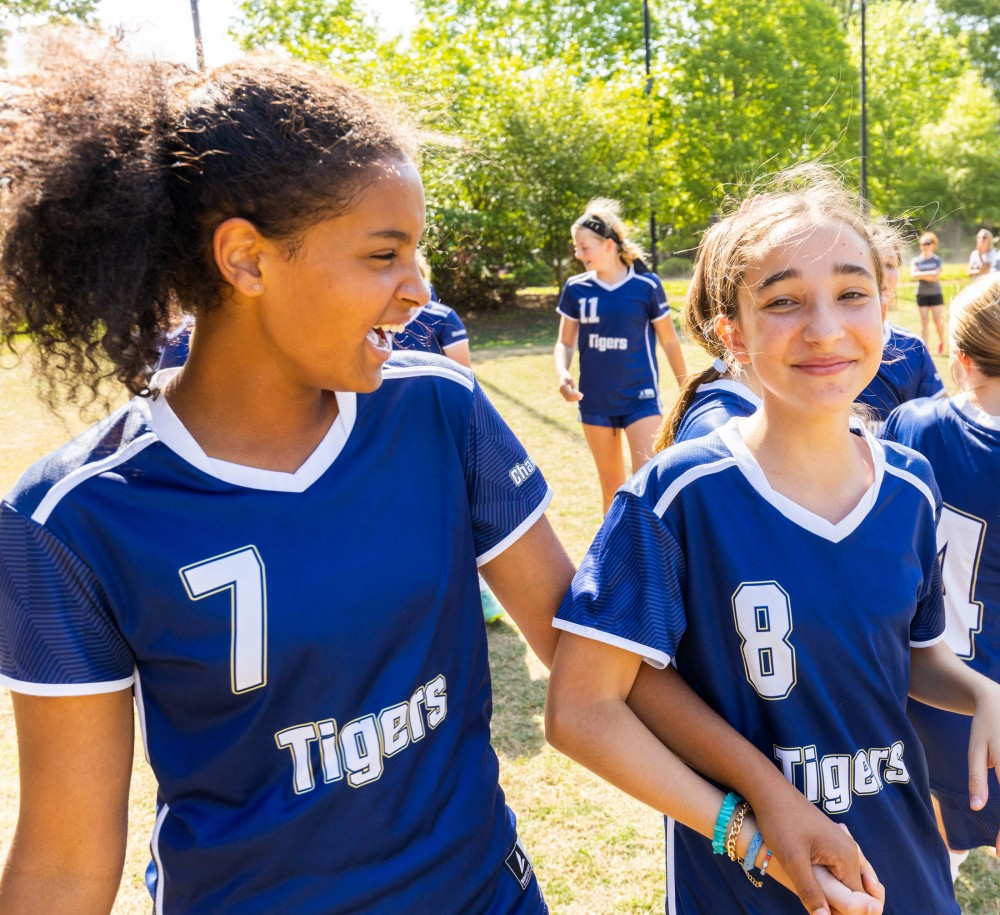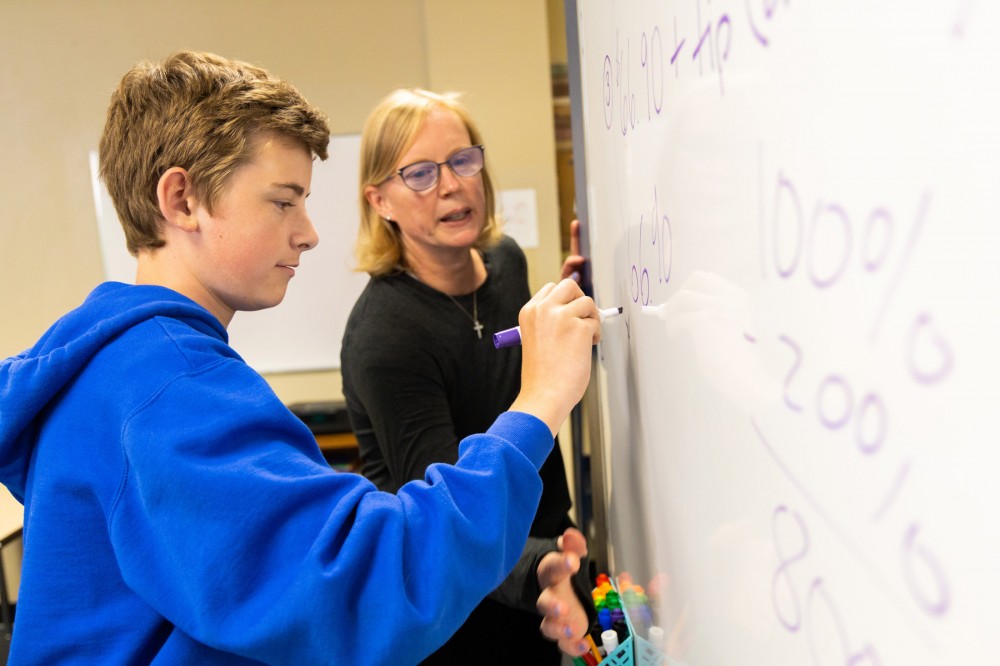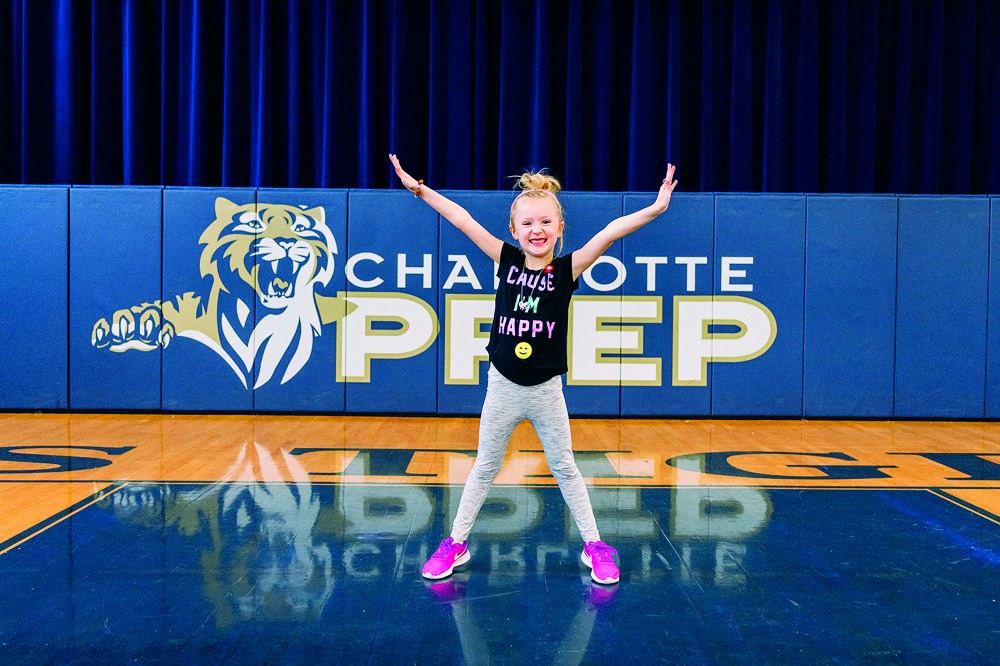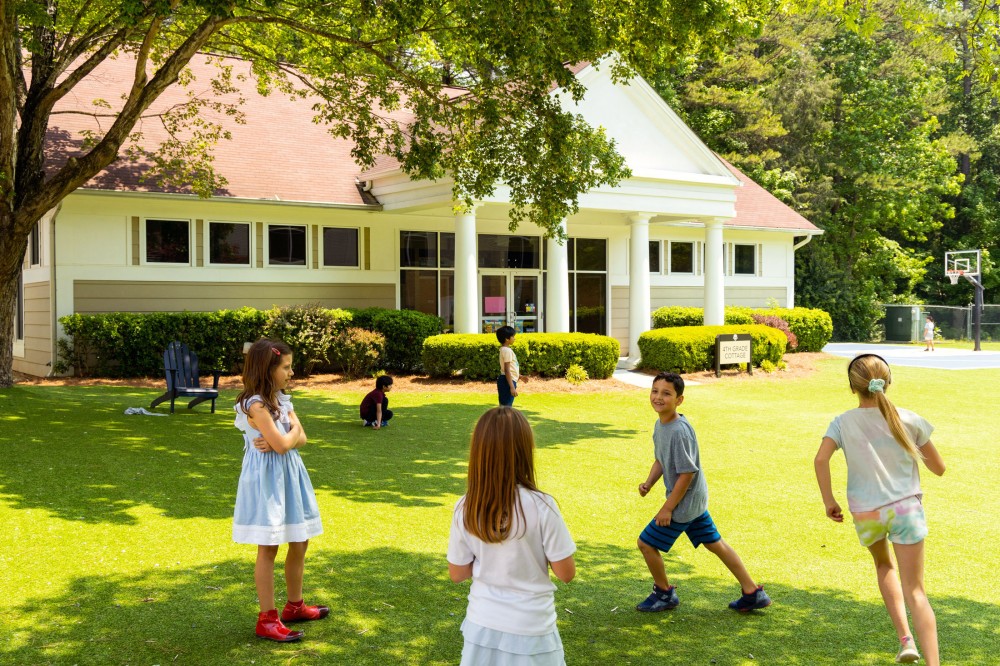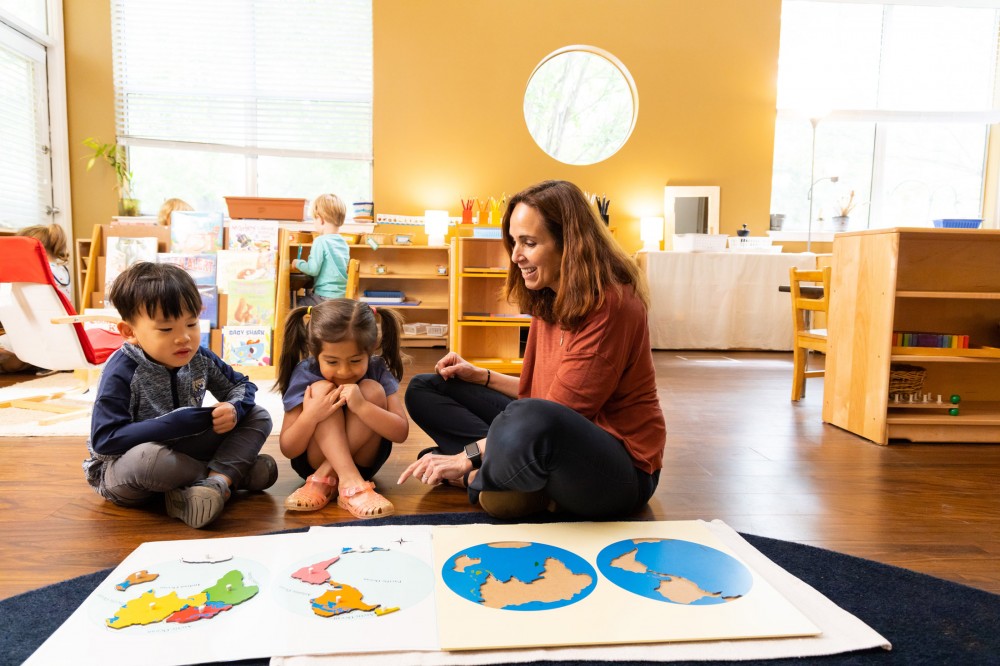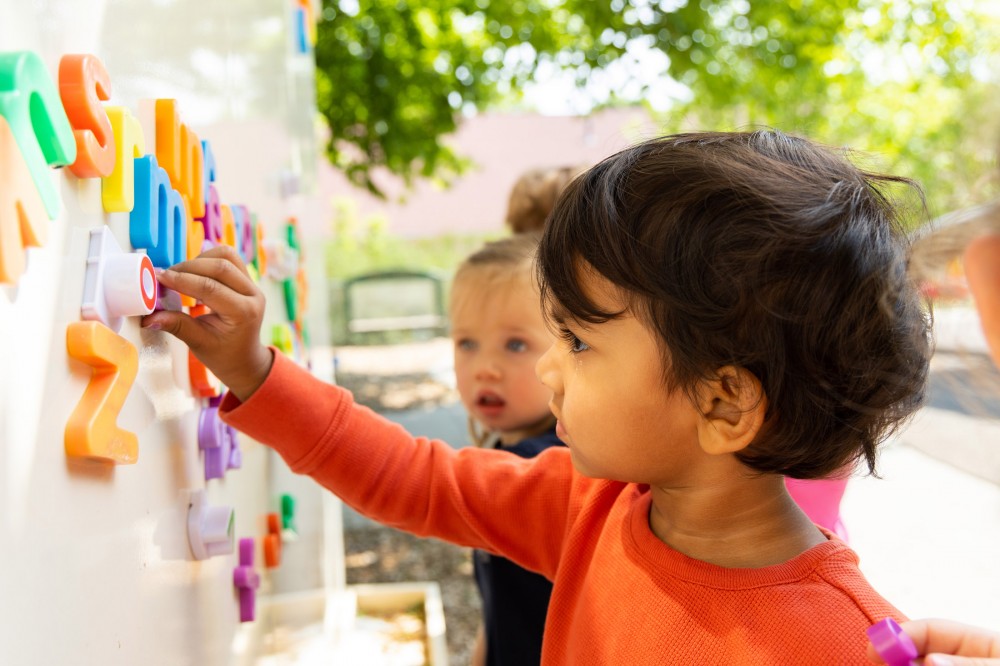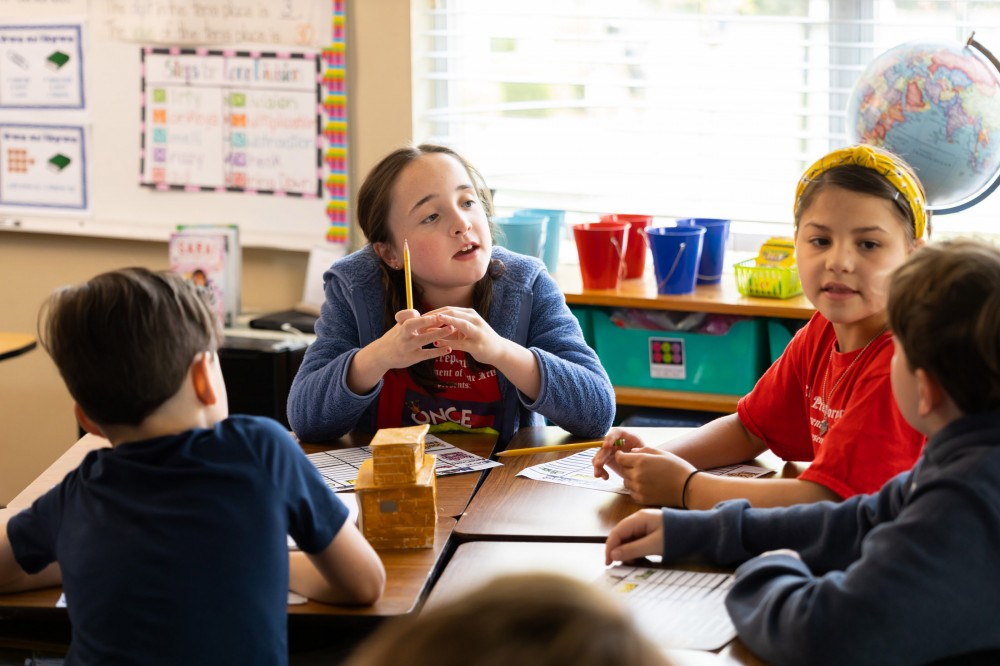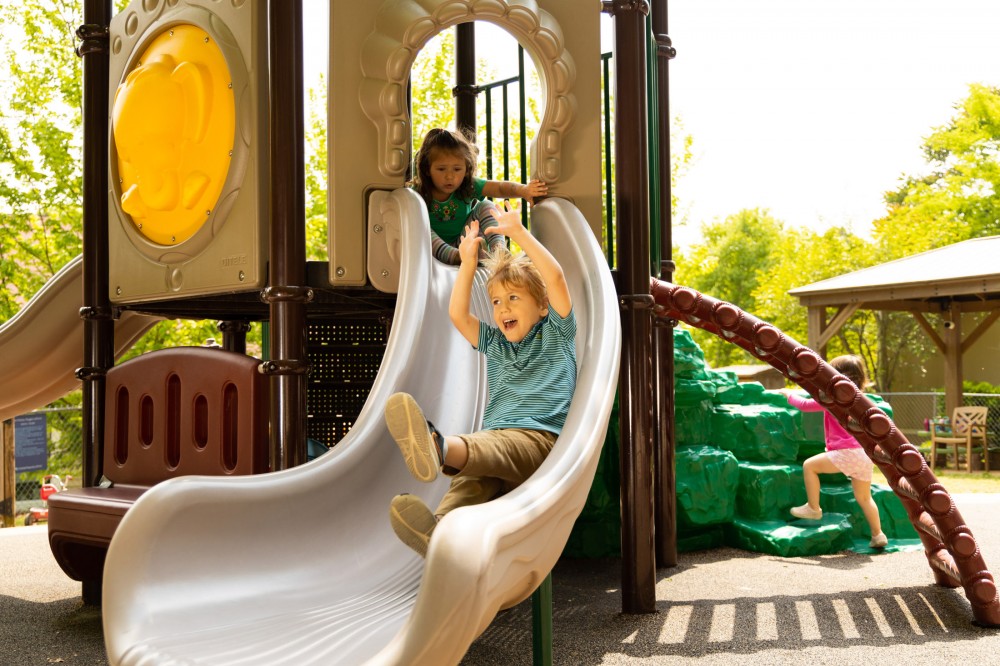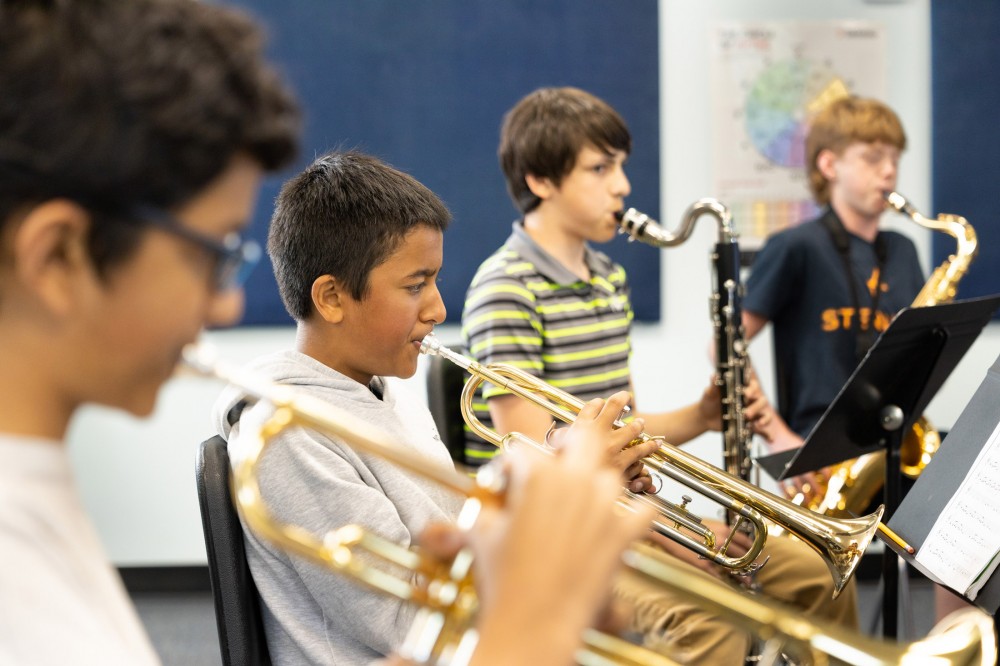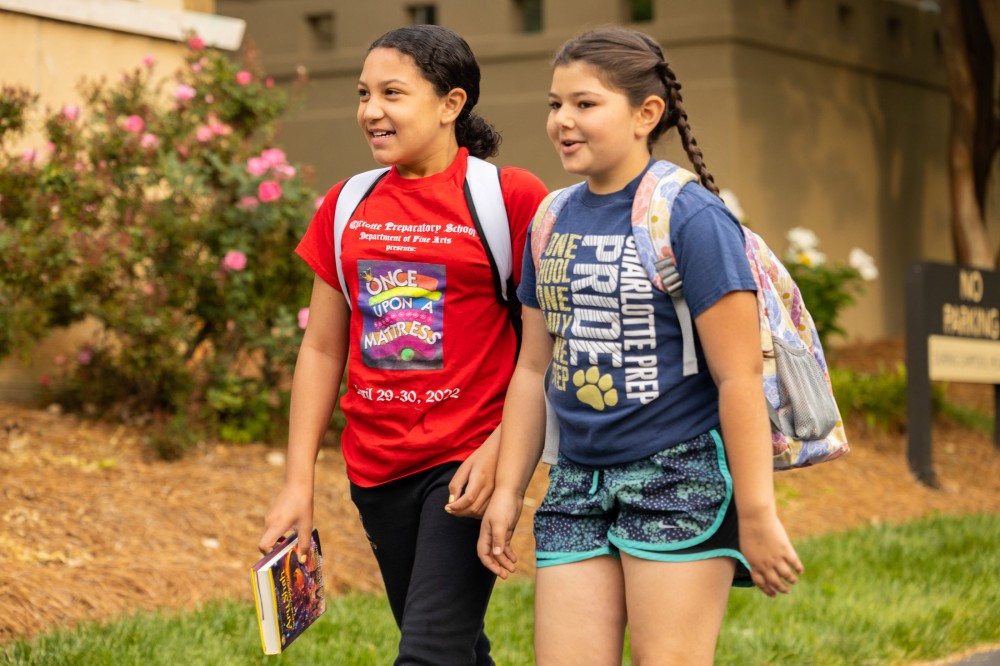The Connection Between Feelings and Behavior
February 22nd, 2024
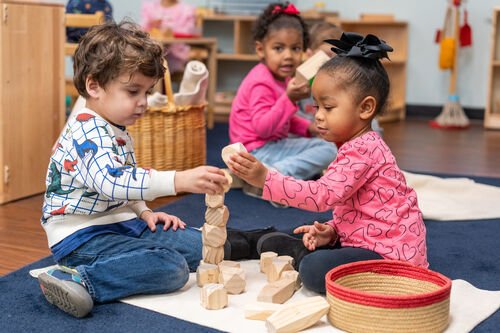 Feelings follow behavior. Or is it the other way around – behavior follows feelings? This is one of the most important parenting questions to get right. Do we believe children must possess certain feelings before they can act in the way we deem appropriate? Or do we believe children will experience positive feelings after they start behaving in certain ways?
Feelings follow behavior. Or is it the other way around – behavior follows feelings? This is one of the most important parenting questions to get right. Do we believe children must possess certain feelings before they can act in the way we deem appropriate? Or do we believe children will experience positive feelings after they start behaving in certain ways?
Much modern parenting advice is based on the belief that we must help children feel good about themselves. This is the legacy of the self-esteem movement that has been dominant in parenting circles for decades. The hope is that good behaviors will then spring from good feelings.
And it is certainly important to be attentive to children and their feelings. It is good to help them develop positive emotions about themselves, and children need a foundation that is reinforced by unconditional love. It is also sensible to believe children will be more receptive to positive behavior if they feel good about themselves.
But adults know we must often act despite negative feelings. We also know that feelings, good and bad, come and go. How do we help children understand and eventually internalize all of this?
I am definitely in the feelings follow behavior camp. When children are given opportunities to demonstrate their competence, independence, and agency, they will most likely feel good about themselves. As children age, they have more capacity to connect good feelings with good actions, which develops a virtuous loop and promises lifelong benefits.
If we teach children that their feelings need to be in a certain space before they act, we will likely be waiting a very long time. But if we support children to engage in positive action, they will most likely feel genuinely good. And this is a lesson worth learning at an early age.
More News from Charlotte Prep
 Sep25First Impressions: What does community mean at Prep?
Sep25First Impressions: What does community mean at Prep?In my first month, I have conducted over thirty 1:1 meetings with faculty/staff, had lunch with nearly every 8th grader, and attended countless Prep events in search of the answer to the question “What does community mean at Prep?”
See Details Sep10A Community of Lifelong Learners
Sep10A Community of Lifelong LearnersAt Charlotte Prep, parents are an essential part of the circle of learning. Just as we encourage students to be lifelong learners, we invite parents to embrace learning.
See Details Sep4Message from Head of School Coffee
Sep4Message from Head of School CoffeeI had the honor of speaking to many of you at this year’s first head of school coffee on August 28 in The Lair, our sparkling new dining hall and meeting space. In case you couldn’t be there, here are some highlights.
See Details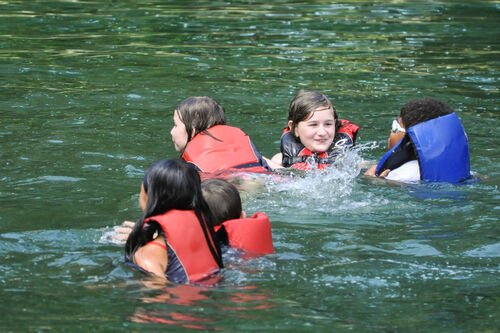 Jun11Family Fun: Things to Do in Charlotte, NC this Summer
Jun11Family Fun: Things to Do in Charlotte, NC this SummerLooking for ways to keep your kids curious, active, and smiling all summer long? We’ve assembled some of the best summer family activities in and around Charlotte—recommended by our very own Charlotte Prep teachers!
See Details

